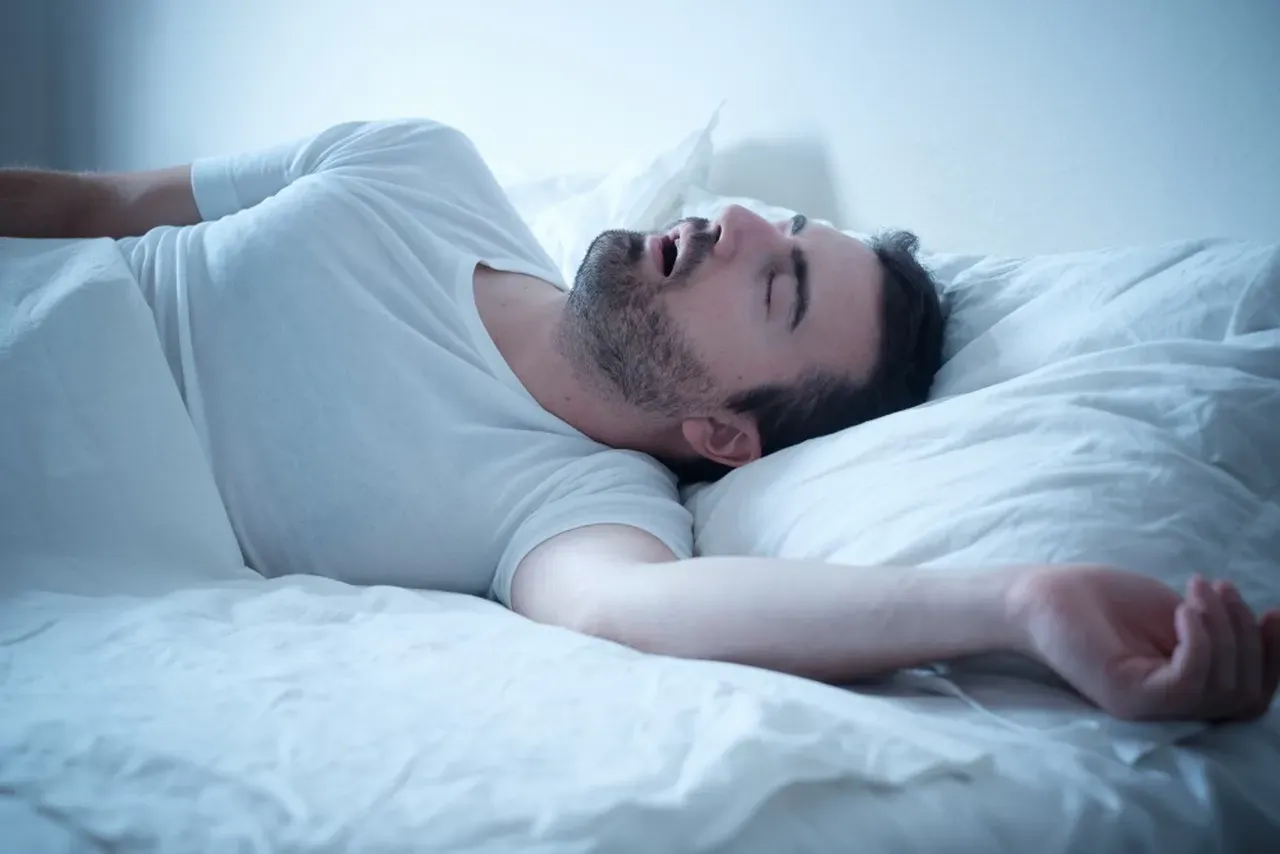How Sleeping Too Much Can Be Detrimental

Worried that you’ve been sleeping too much and it could be affecting your health? You could have a condition called oversleeping. Learn why sleeping more isn’t always a good thing and when it’s time to seek professional help.
It’s no surprise that getting enough high-quality sleep improves nearly all outcomes. Sleep plays a key role in many aspects of your health, including your cognitive, physical, and emotional well-being.
But if you’ve been finding yourself frequently needing more than nine hours of sleep, even after going to bed on time, struggling to get through your day without a nap, or dozing off when you should be awake, you could be “oversleeping.”
If you’re concerned about your sleep habits, it’s important to talk to a medical professional who specializes in sleep. Sleeping may seem simple, but it’s actually an intricate physical process involving your brain and other body systems.
Self-diagnosing can be tempting, but because sleep disorders are complex, you can miss a serious underlying health issue. And while at-home or over-the-counter treatments can be effective, without the guidance of a sleep specialist, you might accidentally do more harm than good.
Fortunately, help isn’t far away. Board-certified neurologist Risa Ravitz, MD, and physician’s assistant Aviva Engel, PA-C, help patients struggling with sleep virtually across 13 states and in person at the Modern Migraine MD offices in Manhattan, NYC, Toms River, New Jersey, and Aventura, Florida.
If you’re concerned that you’ve been sleeping more than you should, our team can uncover the root cause of your sleep issues and provide safe, effective, personalized treatment recommendations. In the meantime, take a moment to learn why excess sleep can be detrimental to your health.
How much sleep is considered “healthy?”
Just like all people are different, everyone’s sleep needs vary. Some people may feel refreshed after six hours of sleep, while that number may leave others feeling tired and grumpy. Researchers have found that most healthy adults require an average of 7-9 hours.
However, depending on your age and activity level, as well as current circumstances, your body’s sleep needs can change. For example, when you’re sick, you might need 10 or more hours of sleep a day to recover.
Generally, when you regularly need more than 9 hours of sleep to feel rested, feel excessively tired throughout the day after a full night’s rest, or depend on taking naps or drinking caffeine even after going to bed at the right time, you could have a condition called “oversleeping.”
What is oversleeping?
Oversleeping, which is sometimes referred to as “long sleeping,” is when you regularly sleep for more than 9 hours every day. Other symptoms include:
- Feeling the need to nap during the day
- Feeling fatigued or sleepy during daytime hours
- Frequent headaches
Sometimes people develop oversleeping as a result of going for a period without enough sleep. For example, if you spent the last two weeks staying up late to work on a project and got less than six hours of sleep each night, you might sleep more than normal for several days to make up for it.
But when oversleeping occurs regularly, it’s usually a sign that there’s something going on that requires your attention.
Why is sleeping too much a bad thing?
Since getting enough sleep is associated with positive health outcomes, it may seem like more sleep will lead to even better outcomes.
However, research shows that getting less than 7 hours of sleep is associated with significant health risks, so is regularly getting more than 9 hours of sleep. In fact, your risk of serious health issues and even death increases significantly for every extra hour you sleep.
Some of the increased health risks associated with oversleeping include:
- Death from an existing medical condition
- Death from all causes
- Heart disease
- Depression/anxiety
- Cognitive impairment
- Type 2 diabetes
- Obesity
- Headaches/migraines
- Back pain
- Chronic pain
- Sleep disorders (e.g., hypersomnia, narcolepsy, sleep apnea)
It’s important to understand that the research shows oversleeping is associated with serious health problems and death. This doesn’t mean the extra sleep is what’s causing these health issues.
In other words, sleeping more probably isn’t causing the health issues, but it’s generally a sign that something serious is going on. For this reason, it’s important to schedule a consultation with a provider, like the team at Modern Migraine MD, to get to the bottom of your oversleeping.
What should I do about oversleeping?
An accurate diagnosis is the first step. If you’re experiencing oversleeping or any ongoing issues with your sleep, talk to a medical provider with a specialized understanding of sleep medicine.
At Modern Migraine MD, our team performs a comprehensive assessment to get the underlying issue triggering your symptoms. Your provider then creates a personalized sleep disorder treatment plan based on your needs.
Your sleep habits can be the key to your health. If you’re concerned about getting too much sleep, talk to the experts at Modern Migraine MD by scheduling an in-person or virtual consultation today.
